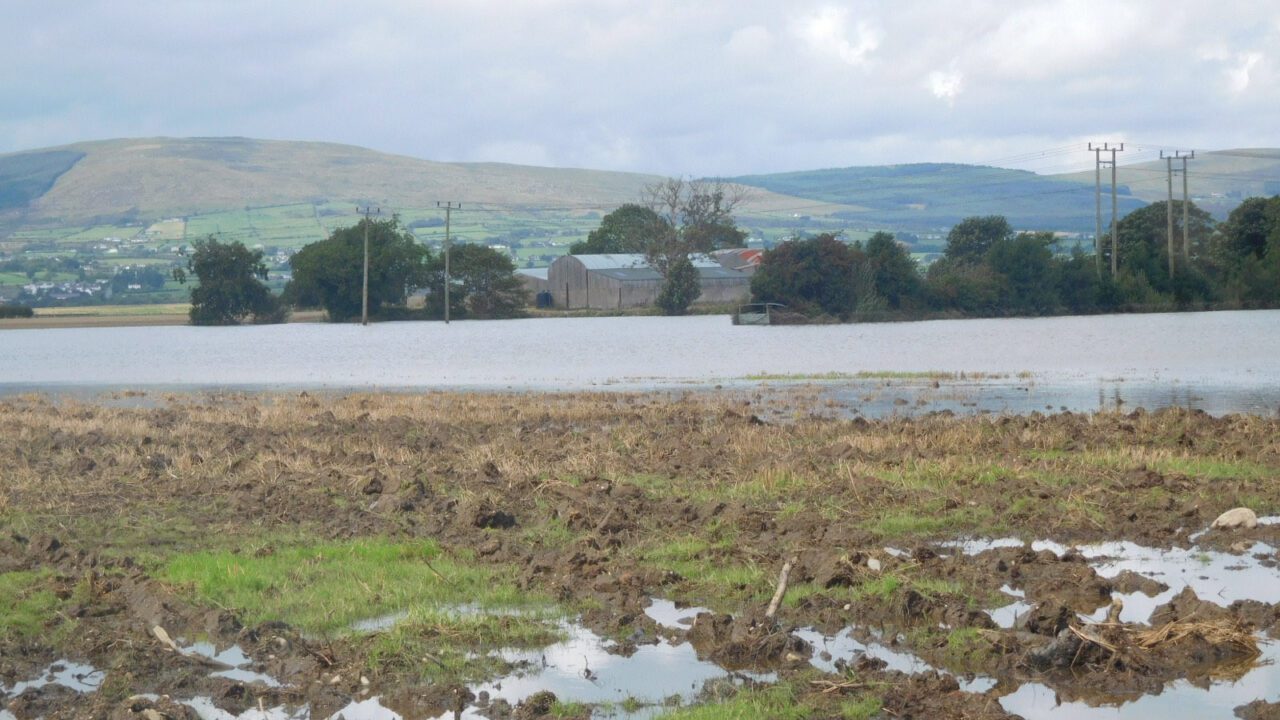A risk management plan for farmers to cope with climate change is currently being developed in NUI Galway.
The plan, dubbed ‘Risk Aqua Soil’, is an EU INTERREG Atlantic Arc project supported by European Regional Development Funds.
With the Atlantic coast particularly exposed to climate change such as stronger and more frequent storms, droughts and flooding, there will be implications for farmers in particular, according to researchers.
There are huge uncertainties in the way climate change will directly and indirectly affect agricultural and food systems.
Through transnational cooperation, the project partners will combat the adverse effects of the climate change, especially on agricultural lands.
This integral plan will entail three stages linked to three objectives, as outlined below.
1. Early warning and diagnosis – this will involve testing new low-cost remote techniques to measure and forecast the local impact of different meteorological phenomena.
2. Implementation and adaptation – this will see the development of several pilot actions in agricultural lands that will permit a better soil and water management taking into account the risks associated to climate change.
3. Capacity building and dissemination – this will involve the training and commitment of local communities and farmers for an increasing capacity building, information and cooperation in risk management and damage compensation systems.
The project is expected to contribute to a better coordination for the detection, risk management and rehabilitation from climate change, natural hazards and human pressure for rural territories, both on land and sea, especially for agricultural purposes.
